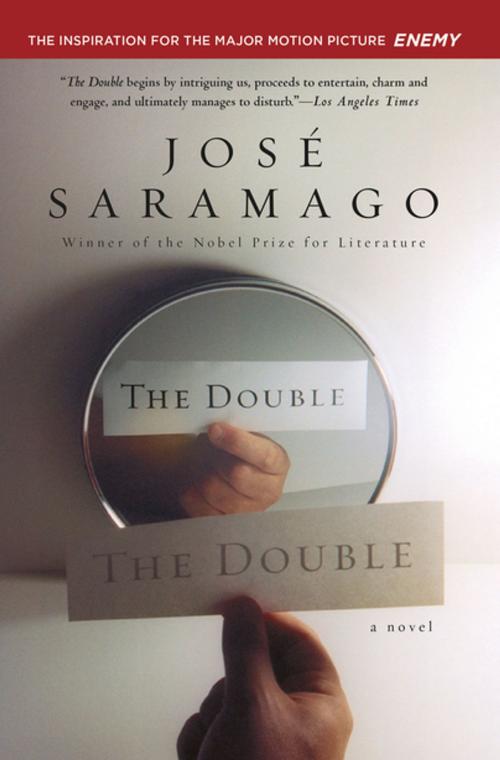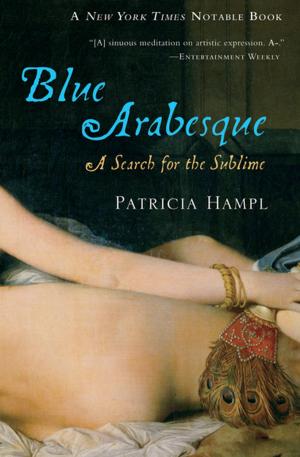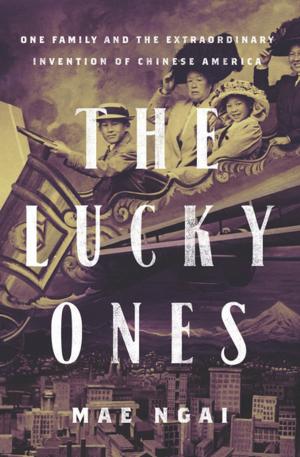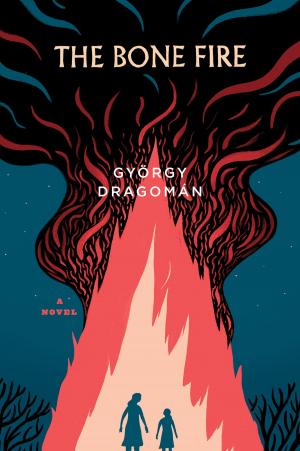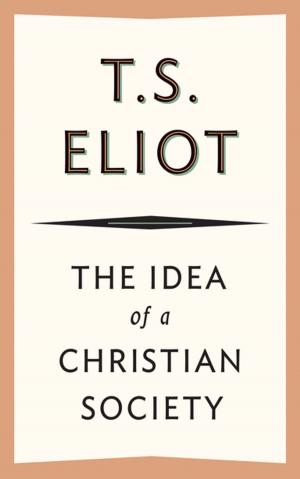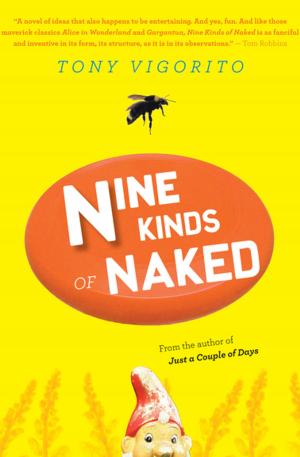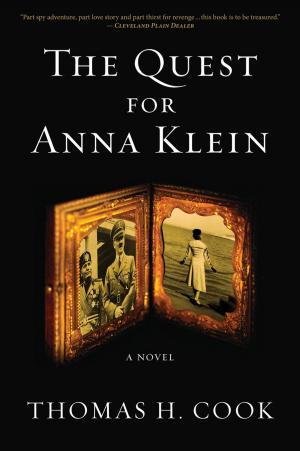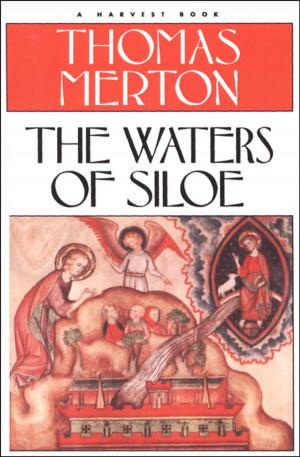The Double
A Novel
Fiction & Literature, Psychological, Science Fiction & Fantasy, Fantasy, Contemporary, Literary| Author: | José Saramago | ISBN: | 9780547538877 |
| Publisher: | Houghton Mifflin Harcourt | Publication: | October 3, 2005 |
| Imprint: | Mariner Books | Language: | English |
| Author: | José Saramago |
| ISBN: | 9780547538877 |
| Publisher: | Houghton Mifflin Harcourt |
| Publication: | October 3, 2005 |
| Imprint: | Mariner Books |
| Language: | English |
A “wonderfully twisted meditation on identity and individuality” from a Nobel Prize–winning author who pushes fiction to its very limits (The Boston Globe).
As this novel by the author of Blindness and All the Names begins, Tertuliano Máximo Afonso is a divorced, depressed history teacher. To lift his spirits, a colleague suggests he rent a certain video. Tertuliano watches the film, unimpressed. But during the night, when he is awakened by noise, he finds the VCR replaying the video and watches in astonishment as a man who looks exactly like him—or, more specifically, exactly like he did five years earlier, mustachioed and fuller in the face—appears on the screen.
Against his own better judgment, Tertuliano decides to pursue his double. As he roots out the man’s identity, what begins as a whimsical chase becomes a probing investigation into what makes us human. Can we be reduced to our outward appearance, rather than the sum of our experiences?
The inspiration for the film Enemy starring Jake Gyllenhaal and directed by Denis Villeneuve, The Double is a timeless novel from a writer John Updike described in The New Yorker as “like Faulkner, so confident of his resources and ultimate destination that he can bring any impossibility to life by hurling words at it.”
“It’s tempting to think of [The Double] as his masterpiece.” —The New York Times
Translated from the Portuguese by Margaret Jull Costa
A “wonderfully twisted meditation on identity and individuality” from a Nobel Prize–winning author who pushes fiction to its very limits (The Boston Globe).
As this novel by the author of Blindness and All the Names begins, Tertuliano Máximo Afonso is a divorced, depressed history teacher. To lift his spirits, a colleague suggests he rent a certain video. Tertuliano watches the film, unimpressed. But during the night, when he is awakened by noise, he finds the VCR replaying the video and watches in astonishment as a man who looks exactly like him—or, more specifically, exactly like he did five years earlier, mustachioed and fuller in the face—appears on the screen.
Against his own better judgment, Tertuliano decides to pursue his double. As he roots out the man’s identity, what begins as a whimsical chase becomes a probing investigation into what makes us human. Can we be reduced to our outward appearance, rather than the sum of our experiences?
The inspiration for the film Enemy starring Jake Gyllenhaal and directed by Denis Villeneuve, The Double is a timeless novel from a writer John Updike described in The New Yorker as “like Faulkner, so confident of his resources and ultimate destination that he can bring any impossibility to life by hurling words at it.”
“It’s tempting to think of [The Double] as his masterpiece.” —The New York Times
Translated from the Portuguese by Margaret Jull Costa
